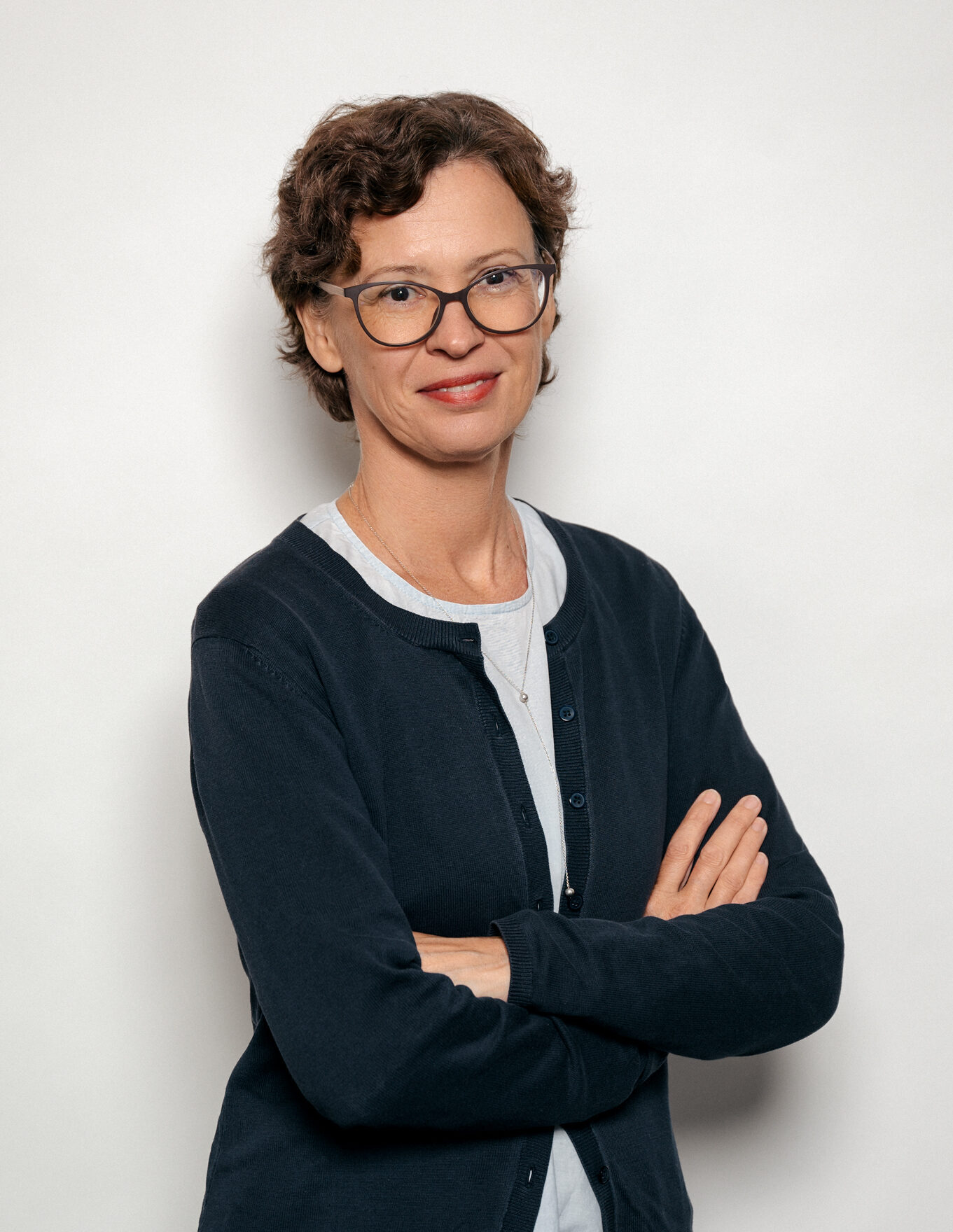In response to the 2025 call, a total of 48 applications were submitted from Lithuania, Latvia, Estonia, Norway, and Sweden. Funding was awarded to 41 projects, with a total budget of €235,850.
Lithuania takes the lead
This year, Lithuanian public sector representatives demonstrated remarkable engagement, submitting 21 applications – the highest number among participating countries. Nineteen projects from Lithuania received funding, alongside 14 from Estonia, 7 from Latvia, and 1 from Sweden.
According to Brigita Urmanaitė, Lithuania’s programme coordinator, both the diversity of participating institutions and the variety of project themes reflect the growing awareness and effective use of the programme across the country. “We’re especially pleased to see increased regional participation—local institutions are proactively building connections with their Nordic counterparts, planning exchange visits, and no longer see the English language as a barrier to collaboration. Another positive trend is the renewed interest from municipalities. Our experience shows that local-level exchanges can accelerate decision-making and deliver tangible change,” Urmanaitė noted.
Municipal focus: human rights, prevention, and innovation
In 2025, four Lithuanian municipalities received funding through the programme. Kaunas City Municipality will implement two projects – one aimed at learning best practices for migrant integration from Sweden and Norway, and another focusing on strategies to reduce youth substance use through successful models from Iceland and Norway.
Vilnius City Municipality will deepen its understanding of human rights policy implementation in Iceland and Sweden, with emphasis on practical application. Representatives from the capital’s tourism agency “GO Vilnius” will also visit peers in Iceland and Denmark to exchange expertise.
Druskininkai Municipality is set to explore how Nordic cities are introducing innovations and improving the quality of public services during visits to Iceland and Finland. Meanwhile, Klaipėda District Municipality will seek to adopt best practices in project management from municipalities in Norway and Sweden, with a focus on more effective implementation of public initiatives.
Culture and education: building bridges through exchange
Six Lithuanian institutions from the cultural and educational sectors secured funding in 2025 for exchange visits with peers in Denmark, Finland, Norway, Sweden, and Iceland.
The Lithuanian National Commission for UNESCO will lead a study visit to biosphere reserves in Sweden, Norway, and Denmark to gain insights into conservation and sustainable development practices in UNESCO-designated territories.
Kretinga Museum will explore heritage preservation and museum practices in Norway and Denmark, while the Gargždai Regional Museum will investigate how to expand access to cultural services for diverse social groups during visits to Sweden and Finland. Gargždai’s Jonas Lankutis Public Library will collaborate with counterparts in Iceland and Finland on strengthening libraries as sustainable community hubs.
The Lithuanian Centre for Inclusive Education will organize visits to Sweden and Norway to study methods for managing behavioral and emotional disorders in schools. The Centre for Quality Assessment in Higher Education will implement a project on improving higher education quality assurance in partnership with institutions from Finland, Sweden, and Norway.
From climate policy to EU presidency
Parliamentary offices, ministries, and subordinate institutions also actively engaged in the mobility programme. In 2025, seven projects from this sector received funding, focusing on topics ranging from climate and security to social policy, human rights, and parliamentary governance.
The Ministry of the Interior, in partnership with counterparts from Finland and Sweden, will study best practices in civil protection, crisis management, and total defense. The Ministry of Justice will collaborate with Nordic security research institutions to strengthen competencies in security incident analysis through visits to Norway and Sweden.
The Ministry of Social Security and Labour will explore work–life balance policies in the context of aging societies, in collaboration with Finland and Denmark.
The Office of the Seimas will implement two strategic projects to support Lithuania’s preparations for its upcoming Presidency of the Council of the European Union, including study visits to Denmark, Iceland, Finland, and Sweden.
The Lithuanian Hydrometeorological Service will implement a project to improve meteorological, hydrological, and climate services based on user needs, in cooperation with partners from Sweden and Denmark.
Lastly, “Invest Lithuania” is leading a project on green innovation and public sector transformation. Programme funding will support visits to Norway and Denmark to explore sustainable development practices and public sector innovation in green economy development.







